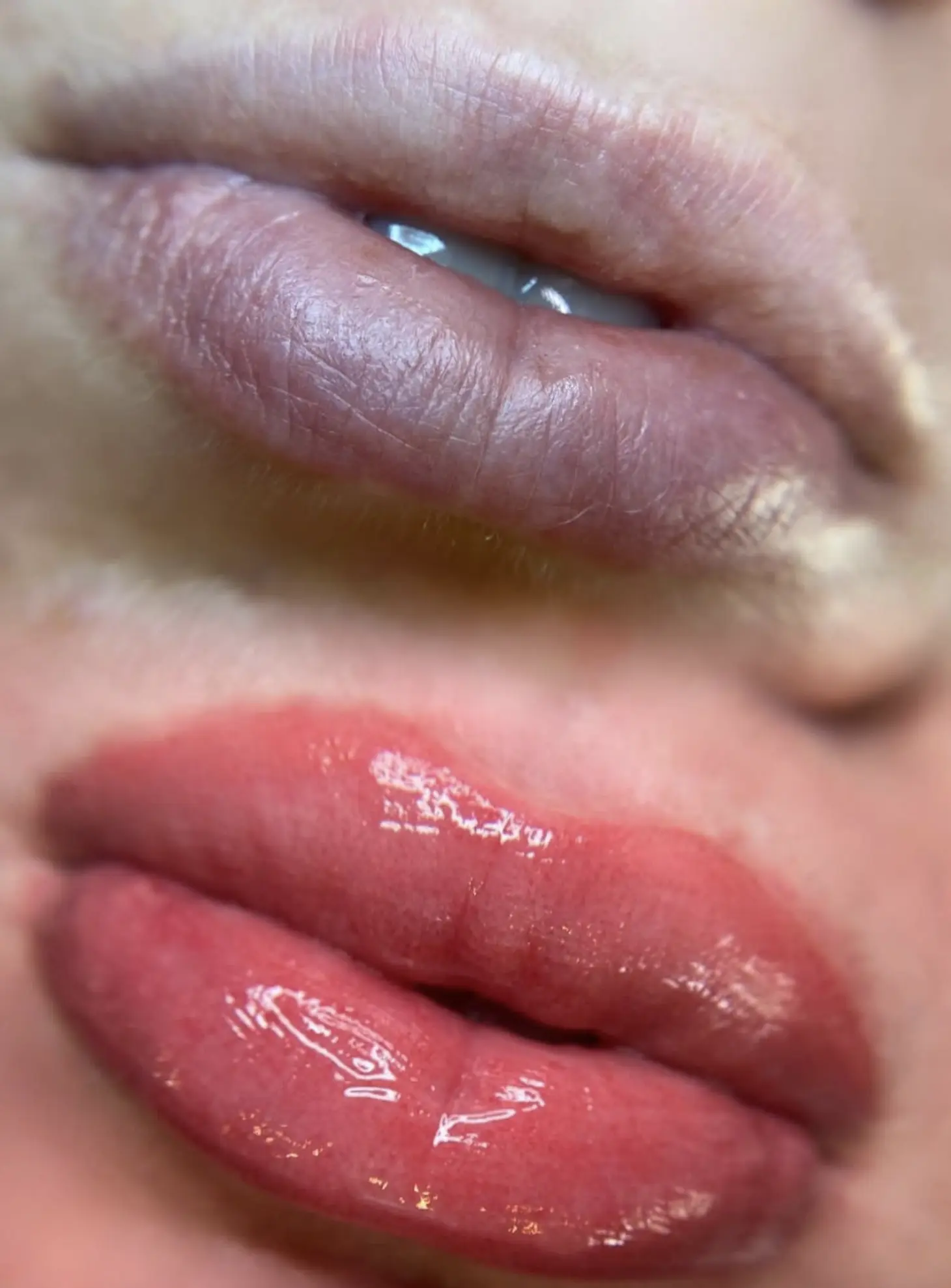So you’re starting your journey in the world of cosmetic tattooing and your first day of training is looming and you have no idea what to expect? Here’s a guide to help you prepare so you can walk in with confidence and excitement. This article covers foundational skills, hands-on experience and advanced techniques in the cosmetic tattooing industry.
1. Read the Program Requirements
Before your first day, read the program’s requirements. Most cosmetic tattoo courses will have a checklist that outlines what you need to bring. Get familiar with this checklist and make sure you have everything ready, from ID’s to any pre-purchased equipment. Your cosmetic tattoo kit may include items such as pigments, practice skins, eyebrow pencils and microblading tools.
Knowing the step-by-step process of a cosmetic tattooing course will set you up for a smooth start. Whether you’re doing brow tattooing, lip tattooing or areola tattoos, knowing what to expect will reduce your stress and enhance your learning experience.
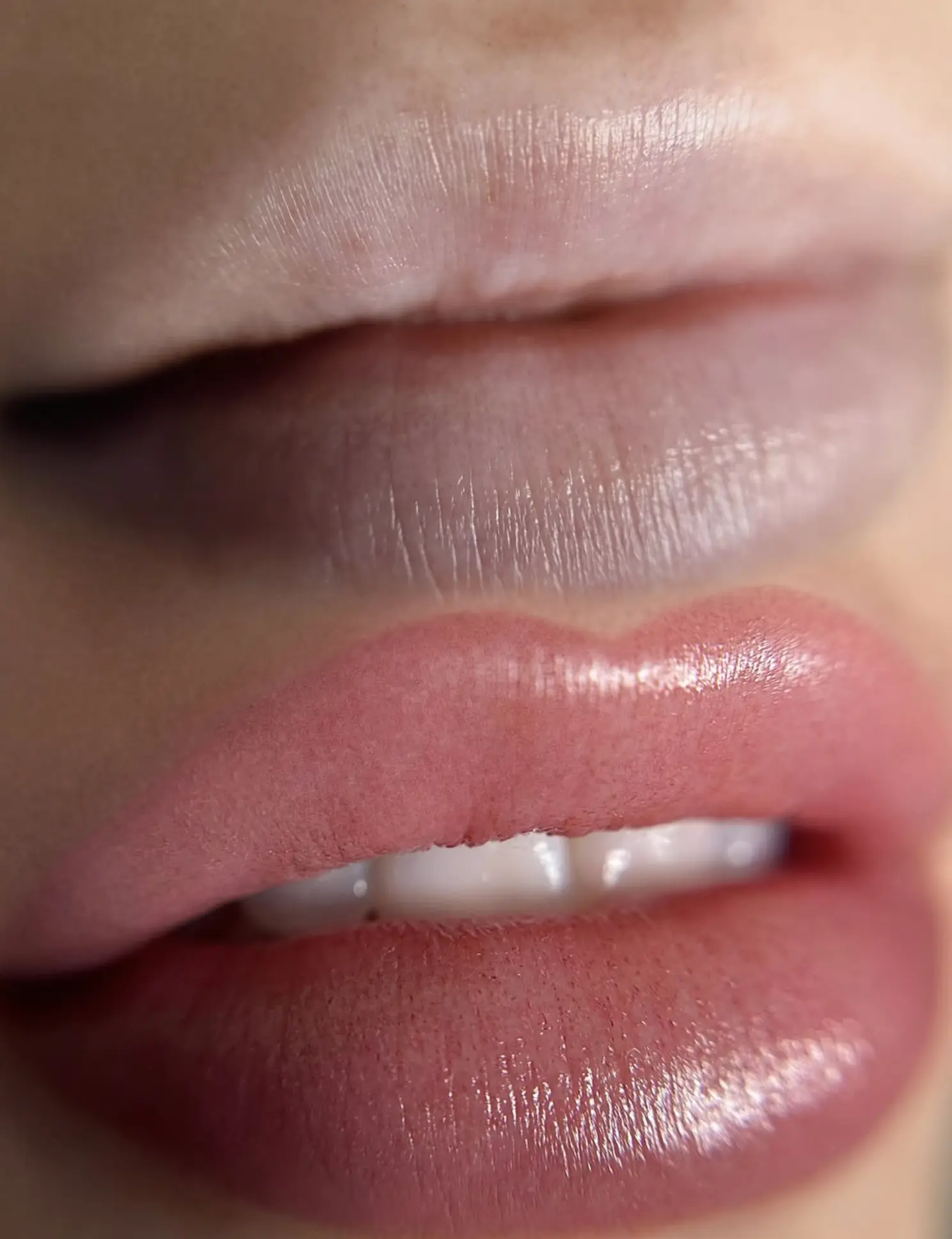
2. Get the Necessary Supplies
Some programs will supply tools and materials. Others will expect you to bring your own. Here are some common items:
- Practice skins
- Pigments
- Microblading tools or machines
- Personal protective equipment (gloves, masks etc.)
Check with your instructor what is provided and what you need to bring. If you’re unsure, contact the training coordinator. Advanced classes may require extra items such as aftercare products, eyebrow stencils or brow mapping tools.
Having your supplies organized will also help you focus on learning techniques, from brow shaping to hair stroke patterns. Each step contributes to your ability to meet client expectations and provide treatment plans.
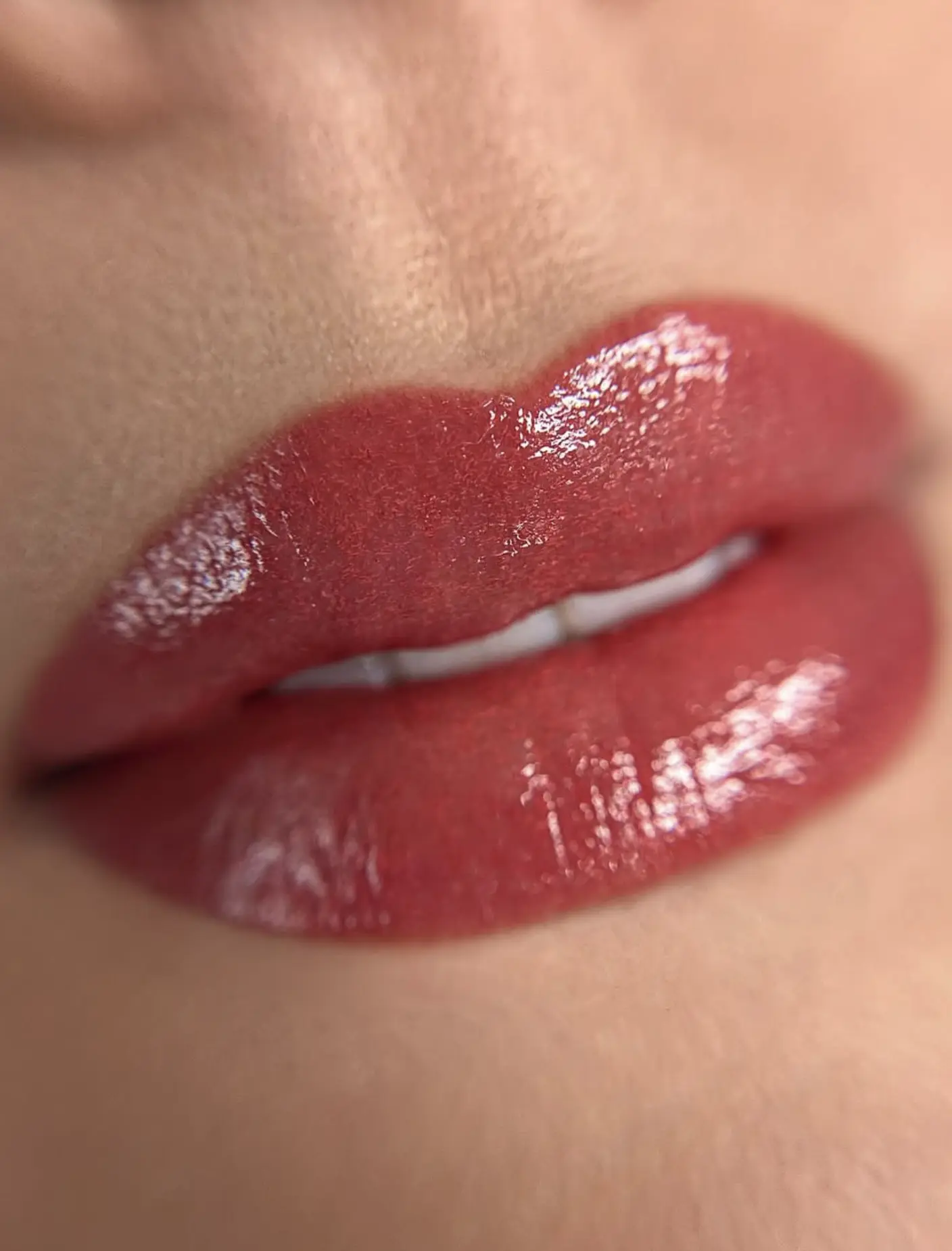
3. Dress For Success
Cosmetic tattooing is a hands-on, detail-oriented practice so dressing comfortably and professionally is key. Many programs have dress codes that include:
- Comfortable, closed-toe shoes
- Clean professional attire
- Hair tied back if it’s long
Check if your program has specific uniform requirements. A beauty therapist’s presentation often influences the client’s experience, so it’s important to look polished. Your appearance can also give you confidence for future clients.
4. Sleep Well
Your first day will be a combination of theory and demonstrations. Be well-rested so you can focus and absorb the information better. Intensive training days require great attention when practising infection control and client consultations.
5. Know the Basics of Hygiene
Hygiene is key to cosmetic tattooing. Research the fundamentals of sterilization and sanitation before you get there as you will be reinforced on this during your training. Infection prevention, contraindications to treatment and blood-borne infections are crucial for client safety.
You’ll also learn about stopping blood thinners and Tattoo Before Care as these are important for a successful cosmetic tattoo. Following these protocols protects the client and the cosmetic tattoo artist.
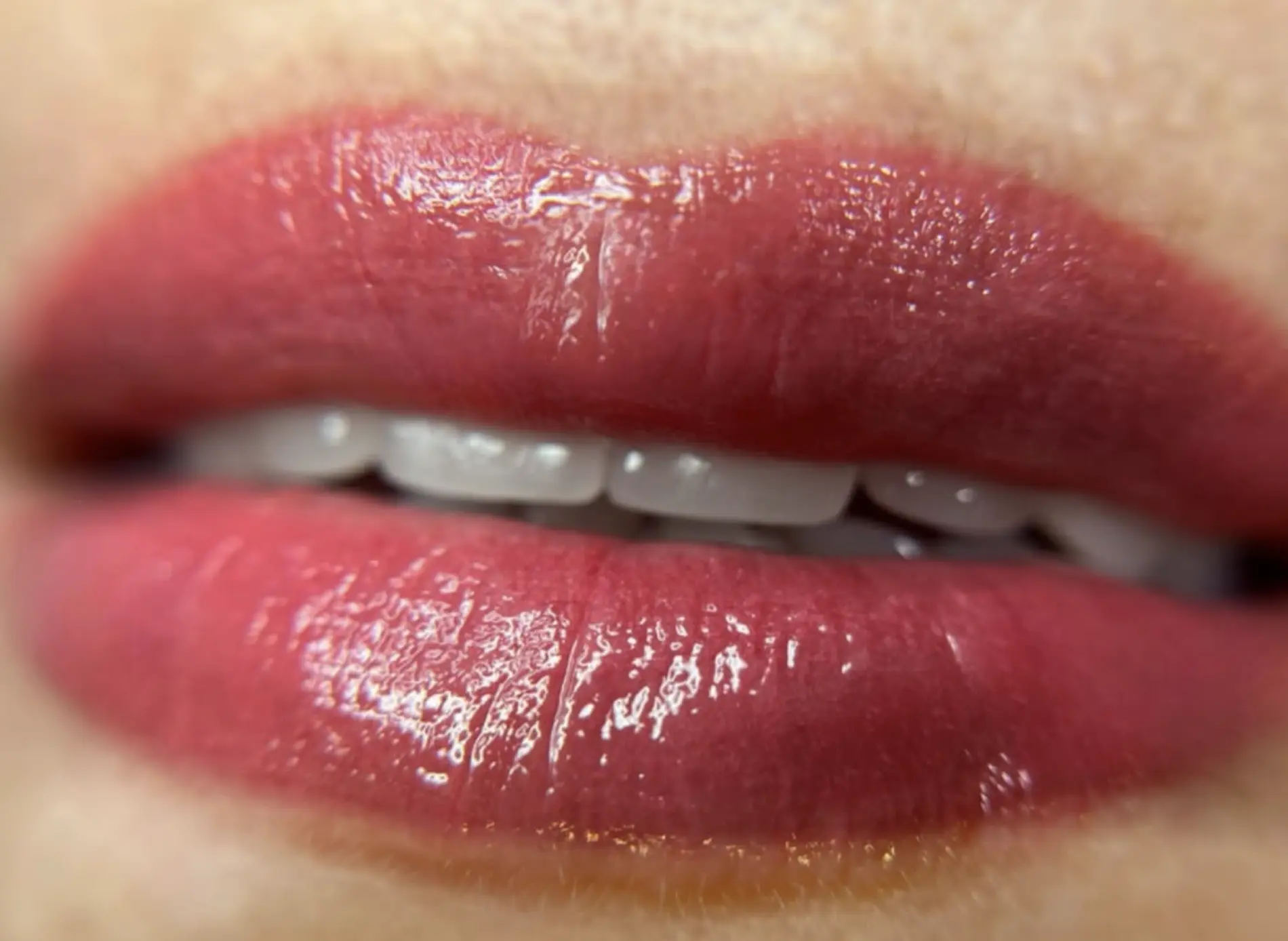
6. Be Positive
Learning is hard but having a positive and open mind is key. Be prepared to ask questions, make mistakes and learn from them. Confidence and patience will help you master the basics and advanced techniques of cosmetic tattooing.
Networking with your instructors and peers will also give you valuable insights into building a successful cosmetic tattoo business. From creating treatment plans to client consultation and consent, your training days will prepare you for real-world scenarios.
7. Network
Your fellow trainees and instructors can be a valuable resource. Talk to others, share your experiences and build relationships that will benefit your career in the beauty industry. Future clients and your reputation can often be influenced by the connections you make during training.
Hands-on training includes supervised model practice, where you’ll be practising on a real model under the guidance of an experienced artist. This real-world experience is priceless for your technical skills.
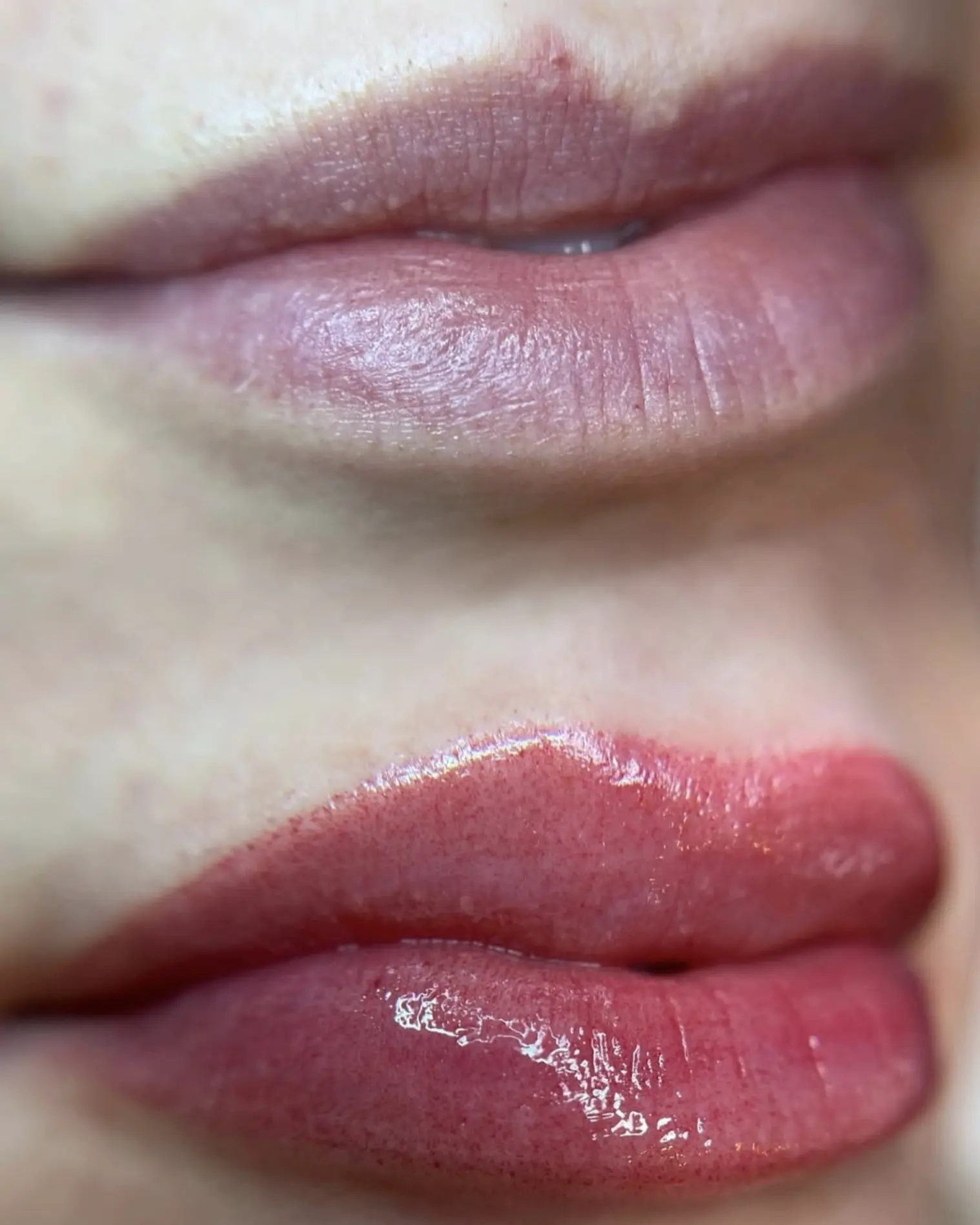
8. Learn Advanced Techniques
As you progress through your training you’ll learn advanced techniques like hair stroke brows, saline tattoo removal and hybrid training programs. Master these skills and you’ll have more artistic flair and stand out as a cosmetic tattooist in the beauty industry.
Extra Tips
- Practice techniques like brow mapping, eyebrow tattooing, lip tattooing and eyeliner tattoo.
- Know aftercare instructions including using healing balm or cream and not to use hot water during the healing process.
- Use hybrid training programs that combine theory and hands-on learning.
- Stay positive throughout your training days and focus on technical and business skills.
- Remember you will receive certificates like Certificate of Completion or Certificate in Powder Brow upon completion of your training. By focusing on these you will set yourself up for a rewarding career in the cosmetic tattooing industry. With each new skill you master you will be giving your future clients a better beauty experience and building your reputation as a cosmetic tattoo artist.
FAQ
What do I bring to my first day of training?
Bring any required tools, practice materials and personal protective equipment for your program. Don’t forget a notebook and pen for notes and your cosmetic tattoo kit if required.
Do I need experience to join a cosmetic tattoo training program?
No, most beginner programs are for students with no experience. However a passion for beauty, artistic skills and attention to detail will help with mastering the basics and advanced classes.
How long does it take to become certified?
Program lengths vary. Some are a few days, some several weeks. Comprehensive programs include hands-on training, supervised model practice and advanced techniques.
What if I make mistakes during training?
Mistakes are part of the learning process. Your instructors will guide you through correcting and improving your techniques. This hands-on experience will help you build technical skills and confidence.
Is cosmetic tattooing safe?
Yes as long as you follow the hygiene and sanitation protocols taught during your training cosmetic tattooing is safe. Infection prevention, blood pressure and discontinuing prescribed blood thinners will be covered.
